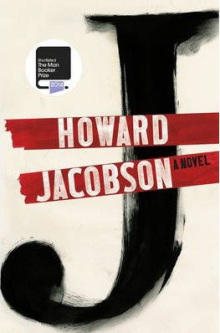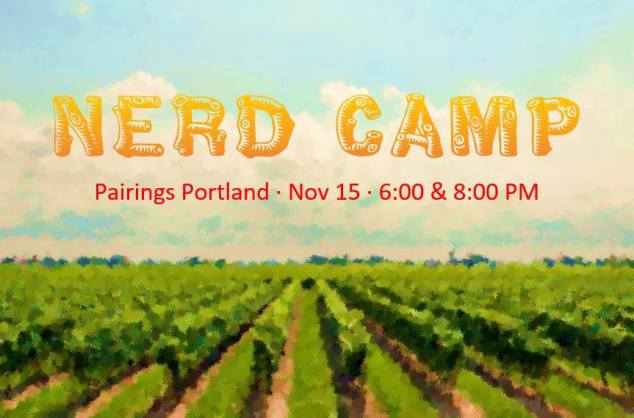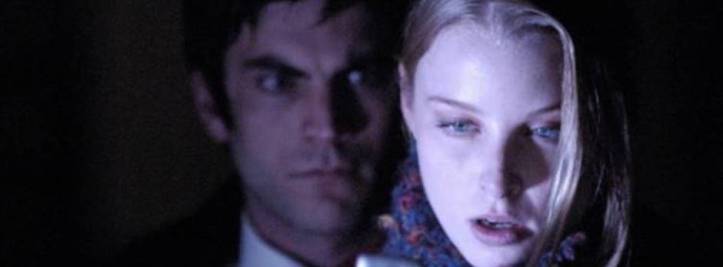
Book Bingo – Non-human narrator = Achieved!
Let me tell you a little bit about starships.
We build them because our Creators told us, ‘The solar system’s too small to keep all our eggs in one basket.’ (Which is perfectly true if you discount eight major planets, thirty-something dwarf planets, several hundred moons, and the minor point that, as it turned out, just the one planet they started with was more than enough to see them through to extinction.)
This one was an easy pick. Saturn’s Children is about Freya Nakamachi-47, a sentient sexbot who comes off the production line long after humanity’s extinction… that’s all I needed to know to want to read it, I didn’t even bother with the rest of the jacket blurb. Charles Stross’ name is one of those that I’m so familiar with I feel like I must have read something by him already, but this was actually my first Stross book and it was good geeky fun, if maybe lacking coherence towards the end.
I’ll get my complaints out of the way first, I think. This was a book I should have enjoyed 100%. It’s not that it wasn’t a funny, quick-moving space adventure. It totally was. I laughed aloud at parts, appreciated some of the fanboy references (although I’m pretty sure I missed more than I understood), and I liked the main character. I really loved the post-humanity solar system too. It’s just that the plot felt a little … messy … in places, and the denouement didn’t feel as satisfying as I’d have liked. What it made me think of most was some of the more confusing anime that I’ve seen: plenty of pretty characters, an abundance of bright colours, a cool tech-heavy future world, lots of sex stuff that I didn’t quite see the point of and a plot that seems easy enough to follow at first, but then devolves into over-complications that I stop caring about, leaving me to ride the ensuing drama until the credits roll, (which is sometimes the only way you know you’ve reached the end, no?). As a result, I was only 95% into it. I just got so confused about who was pretending to be who and whose side everyone was on by the end of the book that I found it hard to care about the finale. Blame my dim-wittedness – it’s not Stross, I’m sure he’s being very clever.
And, at the risk of sounding incredibly prudish (I am extremely prudish – I blush when I read sex-scenes, even when I’m on my own): there was a whole lot of sex too. Considering that the human race, along with all biological life, is extinct. Everything is a sexual act in this book: being encased in a one-person spaceship is a sexual act; that cocoon then connecting with the cable that will fling it up into orbit is a sexual act; Freya has sex with a hotel (called Paris) that she checks into, with various other humanoid AI, and with anything that’s not nailed down. She has been designed so that intimacy and sex are as necessary to her as breathing the correct oxygen-nitrogen mix is to us, it’s quite literally her reason for existence, I just don’t see what’s in it for all the other characters. A single-person space pod doesn’t need to have an orgasm to do its job well, sentient or not. A hotel has no need for sexual stimulation. I’m not sure a butler-type assistant really needs to be sexually active … although maybe I can see why it would be an option for the buyer. And ironically this new artificially intelligent population is most terrified of self-replicating biological material – pink and green ‘goo’. They’re all porking away to their hearts content, but actual replication gives them the heebie-jeebies. Humans are driven to procreate, which is all our sex-drive really is, so why would we give all manner of AI a sex-drive when we are their manufacturers? It’s not like we’d want them to start producing children. I get that we’d give it to AI that we model as companions, but why a ship or a hotel? Then again, maybe I’m just thinking about the whole thing too much and I was just supposed to take it all a little more tongue-in-cheek. Stross has said that Saturn’s Children is his homage to Heinlein after all.
Then again, maybe that’s all part of the point. Freya and all of her fellow AI are obsolete. They’re still carrying out the orders given to them by humanity even though humanity is long gone. Nothing new has been created since the death of the last human being, the robots haven’t created new robots to fulfil new functions, they’ve just continued to churn out more of the same – they’re stuck in a closed loop. And Freya points out repeatedly that she and her kind are only as good as their creators ever were, that humanity couldn’t build sentient machines without copying their own (albeit pink gooey) schematic, so that humanity’s flaws are written ever larger in their bot offspring.
Which kind of neatly leads on to the strongest and most interesting theme that Stross addresses in Saturn’s Children: free will. How can any AI be free when he/she/it is still caught up in the bureaucracy of a dead race that never allowed that AI should have rights beyond that of property? For Freya to be able to say “I am not indentured … I am a free woman” she has to jump through a bunch of administrative hoops that consist of owning a company, that can then own her, and to consistently file that company’s accounts so that it appears to be in business. It’s a tenuous position to be in and the threat of becoming bankrupt and bought out by an ‘aristo’ and/or slave-chipped is very real. Stross’ new system-wide robot society is completely, viciously feudal in fact, with deep class divides and slavery and very little in the way of kindness. It’s brilliantly realised, fascinating to read and a pretty darn chilly vision of the future.
It’s not a cold read though. Stross cuts his future world with a generous dose of humour (and tons of action, this woman does not sit still). Freya’s got a great voice, and her robot-eye view of the places in the solar system built for humans even after they’re long gone is fantastic. From toilets – “travel-temples” – to coffins – “inexplicable time capsules” – to the descriptions of plants and birds by someone who’s never seen them before – “dendritic effusions of tubes and airfoils” and “tiny dinosaurs” – sometimes there’s nothing funnier than seeing things we take for granted from another point of view. (It took me a long time to realise that the dreaded “pink goo” and “green goo” were actually animal and plant material). And of course, all the sex is rampantly, riotously played for laughs too.
So, if you’re in the mood for a secret-agent-style thriller in space, populated with super-kawaii chibi and bishojo megalomaniacs and a sexbot with an identity crisis – this is the book for you. There’s a ton of inter-planetary travel (you’ll take a whistle-stop tour of Venus, Mars and Jupiter and their associated moons), lots of narrow escapes (including a damsel-in-distress tied to some railway tracks… because, why not?!), and shady bad guys with names like ‘The Black Talon’ and ‘Dr Sleepless’ (or are they bad guys? I never really worked that out). It’s fast, furious and fun. And if you can read it without blushing, good for you!
Sudden and final brain-spasm:
It’s interesting that in the whole book the only selfless, kind act is performed by an itinerant abandoned bot: the caterpillar-like Bilbo. Not modelled on a human template, Bilbo is some sort of mining bot stripped of his slave-controller and left by his owners when he was no longer useful. He not only welcomes Freya when she stumbles in on him and his companions after another of her escapes from a pair of mini assassins; he provides her with warmth and company, and he gets her to one of her many destinations on time and mostly in good repair. He doesn’t do it for money, or sex, or because he has to. And while I imagine Stross wrote it as a calm little interlude, getting his character from A to B before her next wave of dashing about being a super secret agent, I liked it. I liked that within all the multiple-identities and arse-kickery, and buy-outs and back-stabbery there was one scene where a sentient being helped another just because. Because of the nature of the world of Saturn’s Children there’s a lack of good, strong relationships – the love story in here only exists because the two characters involved are programmed to respond to each other in that way – and even Freya herself, empathic and subservient as she is, doesn’t ever really connect with another character without some arousal sub-routine dictating her response.
Just a thought.
Advertisements Share this:




